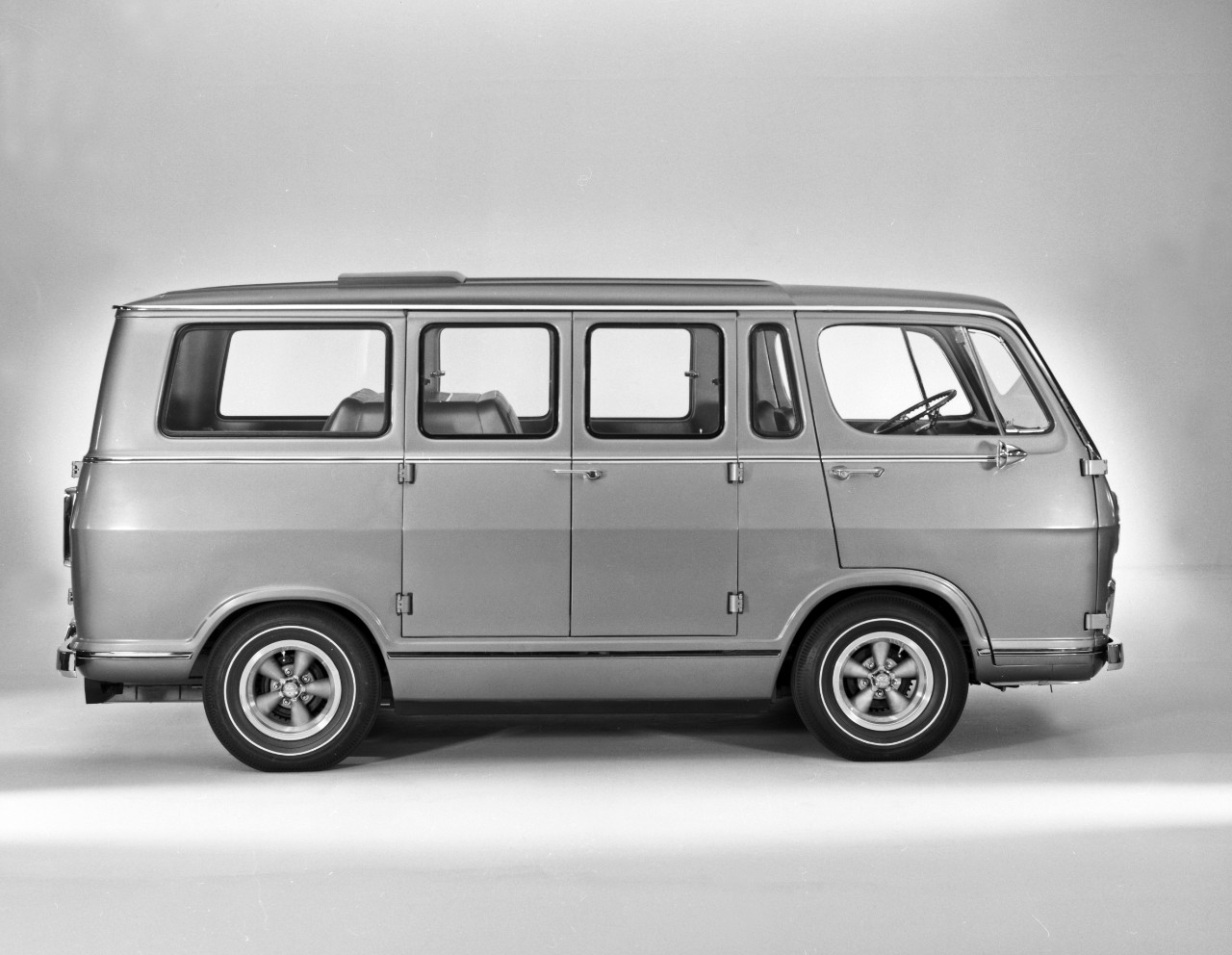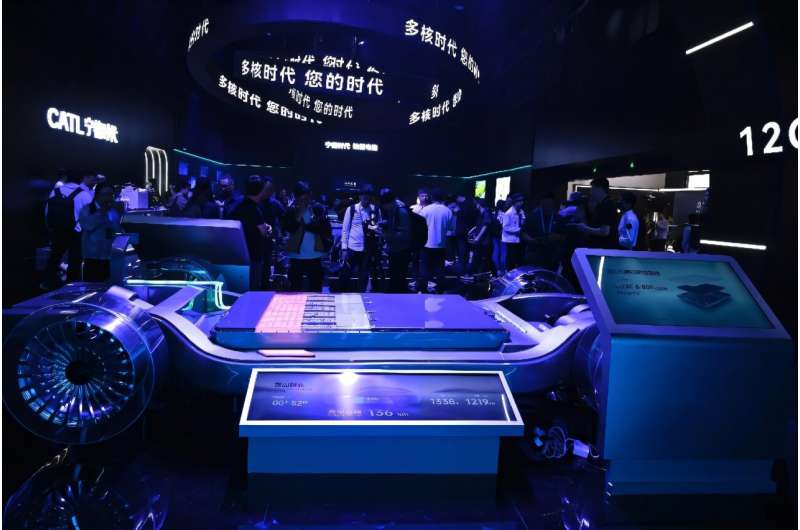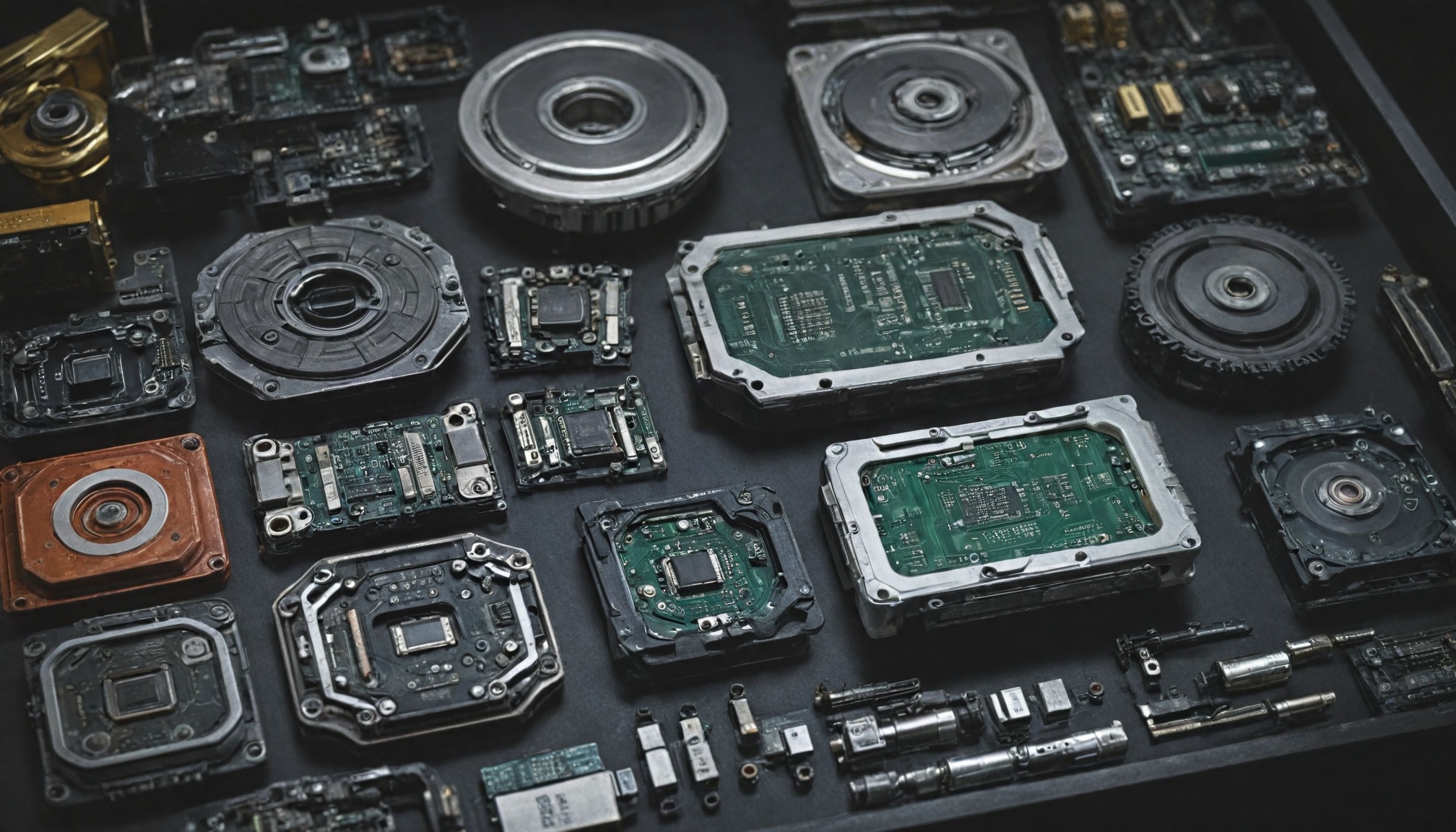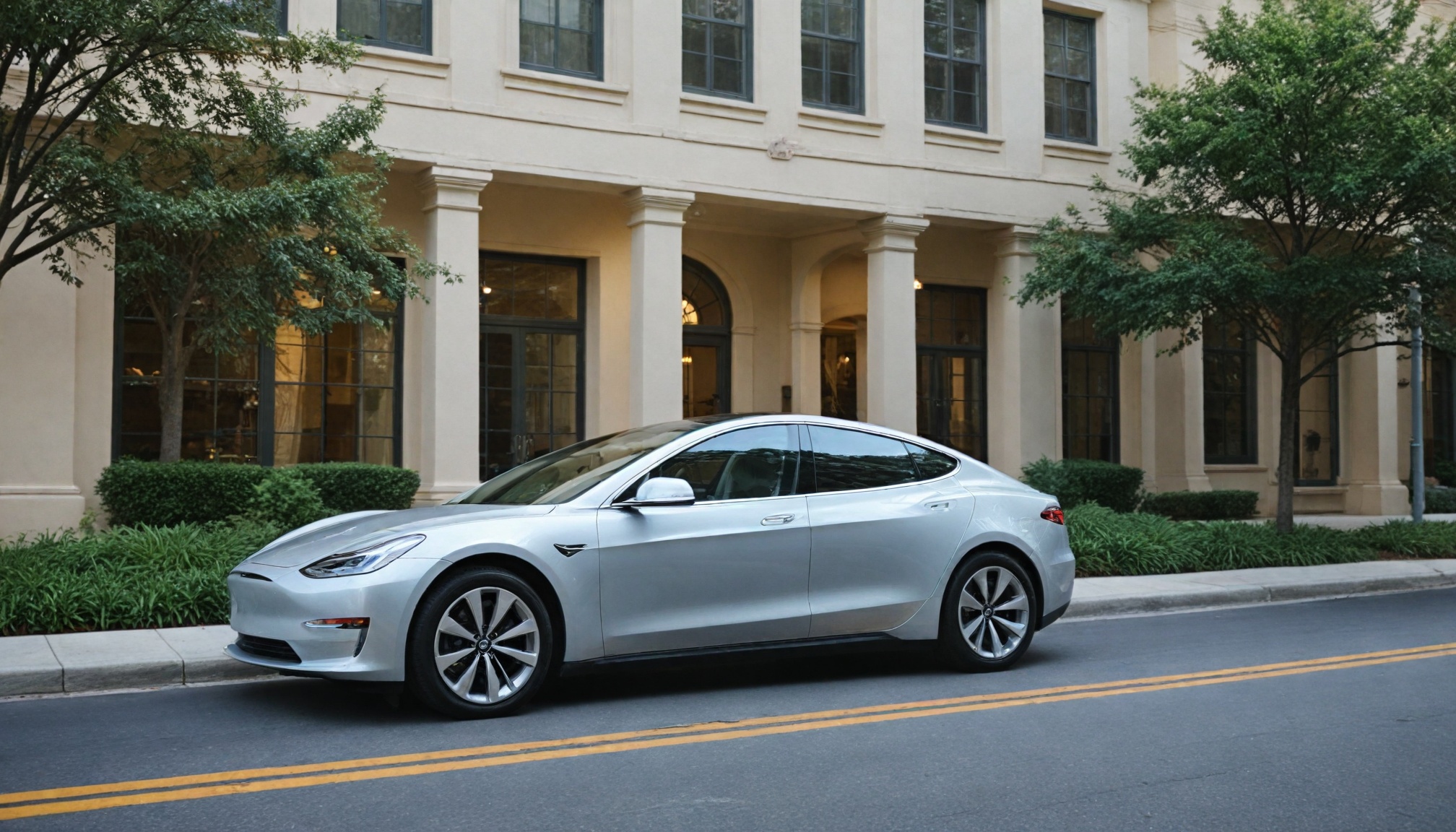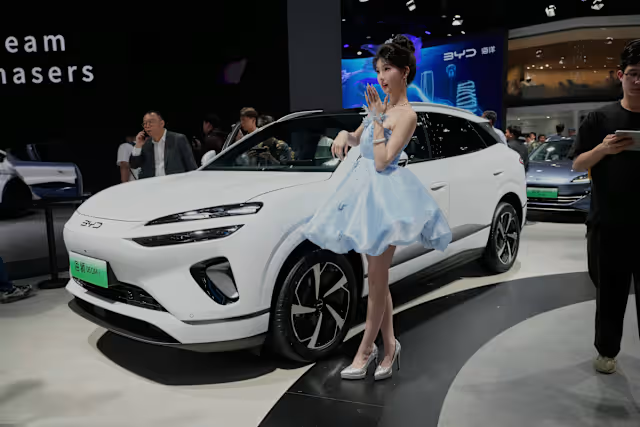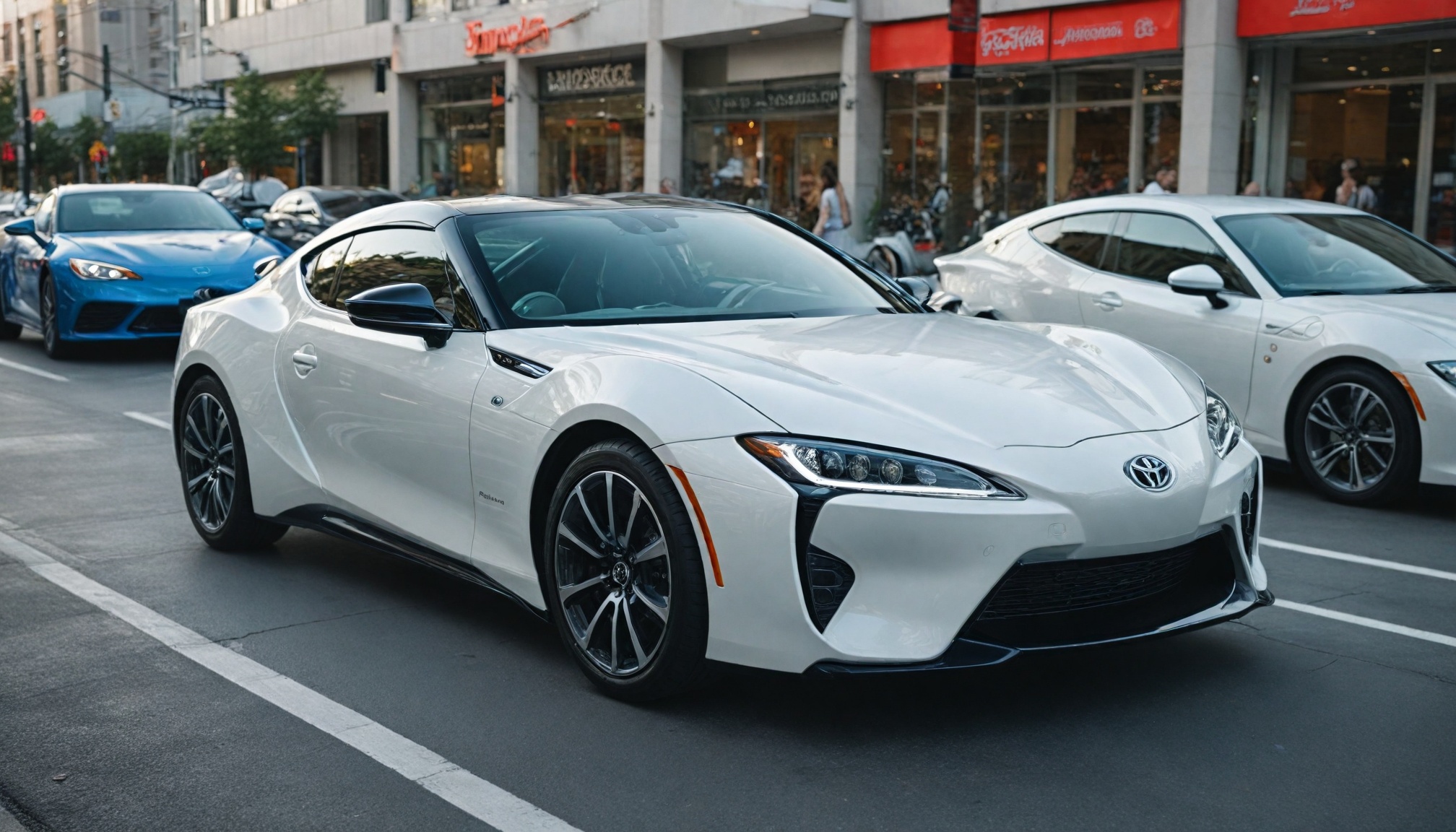
Toyota challenges the all-electric narrative as hybrid sales surge, with 50% of US sales now electrified. Chairman Toyoda argues consumer choice, not mandates, will drive automotive's future.

Drivetech Partners
Toyota's leadership is challenging the prevailing narrative that an all-electric future is inevitable, with Chairman Akio Toyoda pointing to surging hybrid sales and persistent concerns about EV practicality for everyday drivers. As Toyota reports that electrified vehicles now account for over 50% of their U.S. sales in early 2025—with hybrids leading the charge—the company's consumer-first approach is proving that market preference, not regulatory mandates, will ultimately determine the pace of automotive electrification.
Key Takeaways
Toyota has achieved 50% electrified vehicle sales in early 2025, predominantly through hybrid models rather than pure EVs
Chairman Akio Toyoda claims a silent majority of auto executives privately share his skepticism about rapid EV-only transitions
The hybrid-only Camry has seen substantial sales growth, contradicting industry expectations about consumer EV readiness
Major competitors are scaling back ambitious EV timelines as market realities challenge regulatory targets
Toyota continues developing electric performance vehicles while maintaining that consumer choice should drive adoption rates

Toyota's Leadership Challenges EV Orthodoxy
Akio Toyoda has emerged as one of the automotive industry's most outspoken skeptics of government-mandated EV transitions. Far from being a simple contrarian, Toyoda's position reflects Toyota's deep market research and understanding of consumer preferences. The chairman has repeatedly stated that customers—not regulations—should determine the pace of EV adoption.
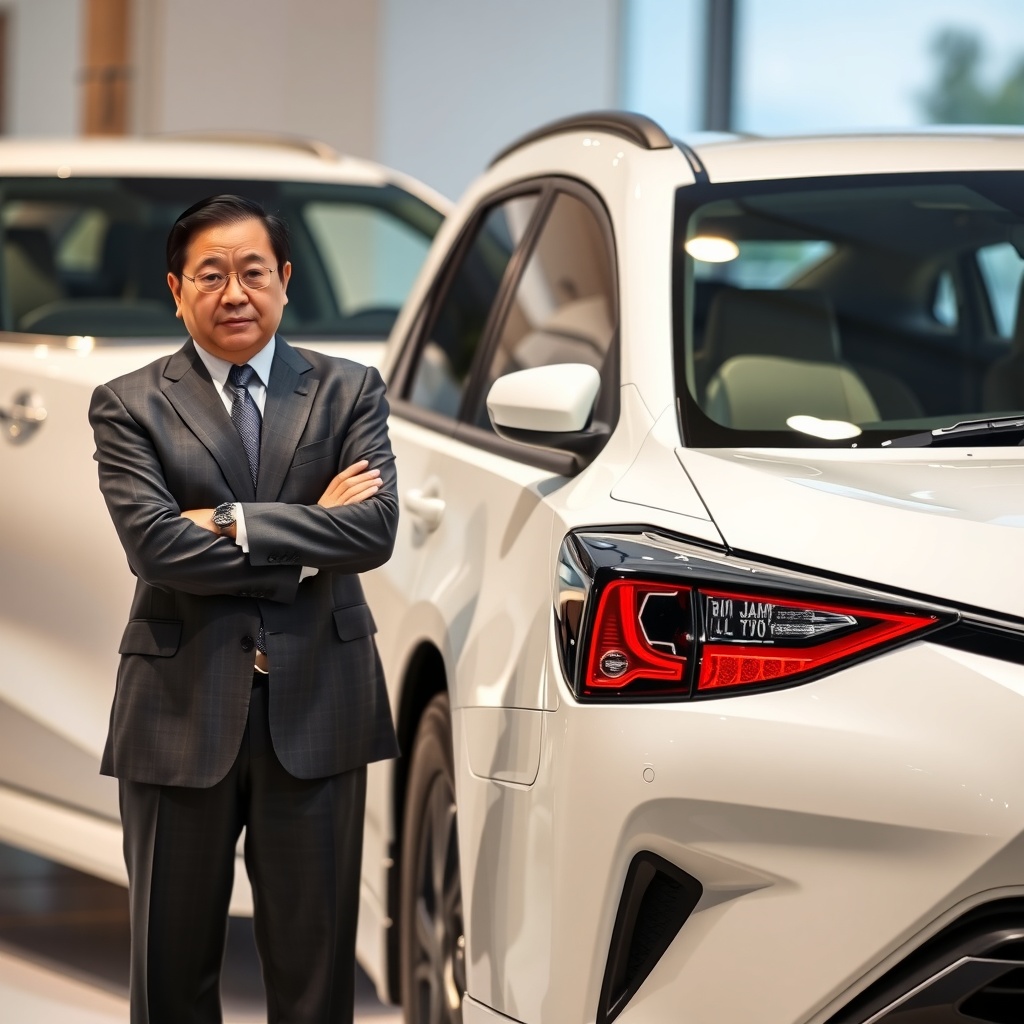
What makes Toyoda's stance particularly noteworthy is his claim that he speaks for what he calls a "silent majority" of automotive executives who harbor similar doubts but are reluctant to voice them publicly. According to Toyoda, many industry leaders privately question whether an all-EV future is feasible or desirable but feel constrained by political pressures and market narratives from expressing these concerns.
Beyond market readiness, Toyoda has raised serious economic concerns. He's predicted that moving entirely to EVs could potentially cost up to 5.5 million jobs in the automotive industry, including among suppliers. This stark warning highlights the massive industrial transformation an EV-only approach would require and its potential disruption to established manufacturing ecosystems.
Notably, Toyota's position isn't anti-electric technology. The company continues exploring electric performance cars, including a prototype sports car with a simulated manual transmission designed to preserve the driving engagement that enthusiasts value. This suggests Toyota's approach reflects strategic assessment rather than technological conservatism.
Consumer Preference vs. Regulatory Pressure
The contrast between consumer behavior and regulatory ambition has never been more apparent than in Toyota's recent sales figures. In early 2025, Toyota reported that over 50% of U.S. sales came from electrified vehicles—but the vast majority were hybrids rather than pure EVs. This consumer preference speaks volumes about the market's current comfort level with various electrification options.
The redesigned Camry offers a compelling case study. Now offered exclusively with a hybrid powertrain in 2025, the model has experienced significant sales increases rather than the decline some predicted. The hybrid Camry has even outsold Toyota's iconic Prius models, demonstrating that mainstream consumers are embracing partial electrification when it offers practical benefits without compromises.
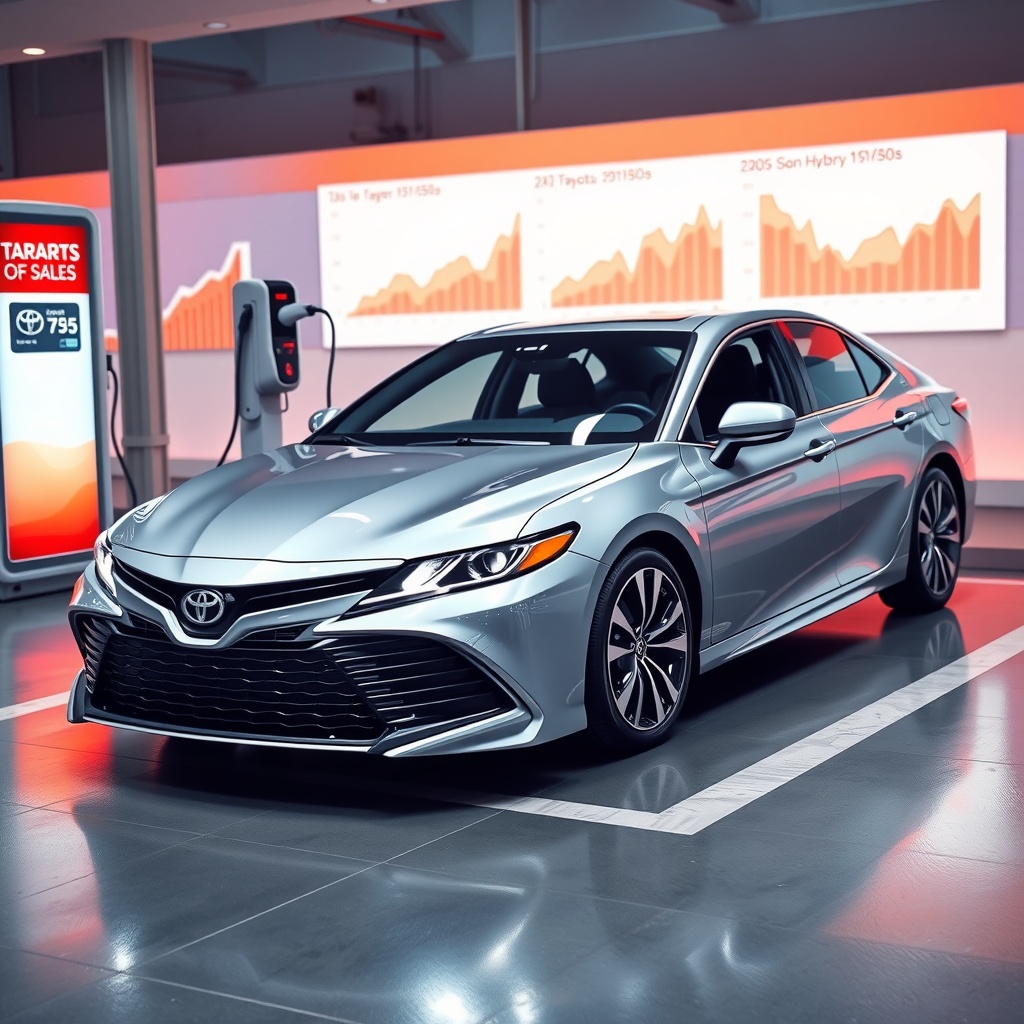
Meanwhile, other major market players are adjusting their EV strategies in response to similar insights. Rental giant Hertz has scaled back aggressive EV adoption plans due to higher-than-expected maintenance costs and rapid depreciation of electric vehicles. This real-world experience from a major fleet operator reinforces Toyota's cautious approach.
Toyota maintains that forcing consumers to adopt EVs through regulation rather than addressing their practical concerns is counterproductive. The company's sales data suggests that consumers currently favor hybrid options that deliver meaningful efficiency improvements without the range anxiety, charging limitations, and price premiums that still characterize many pure EVs.
Technological Limitations Driving Hybrid Popularity
Current EVs continue to face persistent challenges that limit their appeal to mainstream consumers. Battery performance in extreme weather conditions remains problematic, with significant range reductions in both hot and cold climates. For consumers who rely on their vehicles in varying conditions, this presents a significant practical concern.
Charging infrastructure limitations create additional obstacles. Despite improvements, charging networks remain less convenient than gas stations, particularly for:
Apartment dwellers without dedicated home charging
People who frequently travel long distances
Residents of regions with limited charging stations
Those unwilling to accept longer refueling times
Hybrid vehicles offer a compelling compromise with lower emissions while avoiding range anxiety and charging concerns. They deliver meaningful efficiency improvements—often 50% or more compared to conventional powertrains—while maintaining the convenience of traditional fueling.
Toyota's leadership argues that pragmatic solutions like hybrids serve consumers better than ideologically driven EV mandates. The rapid adoption of hybrid technology demonstrates that consumers are willing to embrace electrification when it fits sensibly into their lives without requiring significant behavioral changes.
Toyota's Multi-Pathway Strategy to Electrification
While many competitors pursue aggressive EV-only strategies, Toyota maintains a diversified approach to reducing emissions. Rather than betting everything on battery electric vehicles, the company offers a spectrum of electrified options, including hybrids, plug-in hybrids, hydrogen fuel-cell vehicles, and battery EVs.
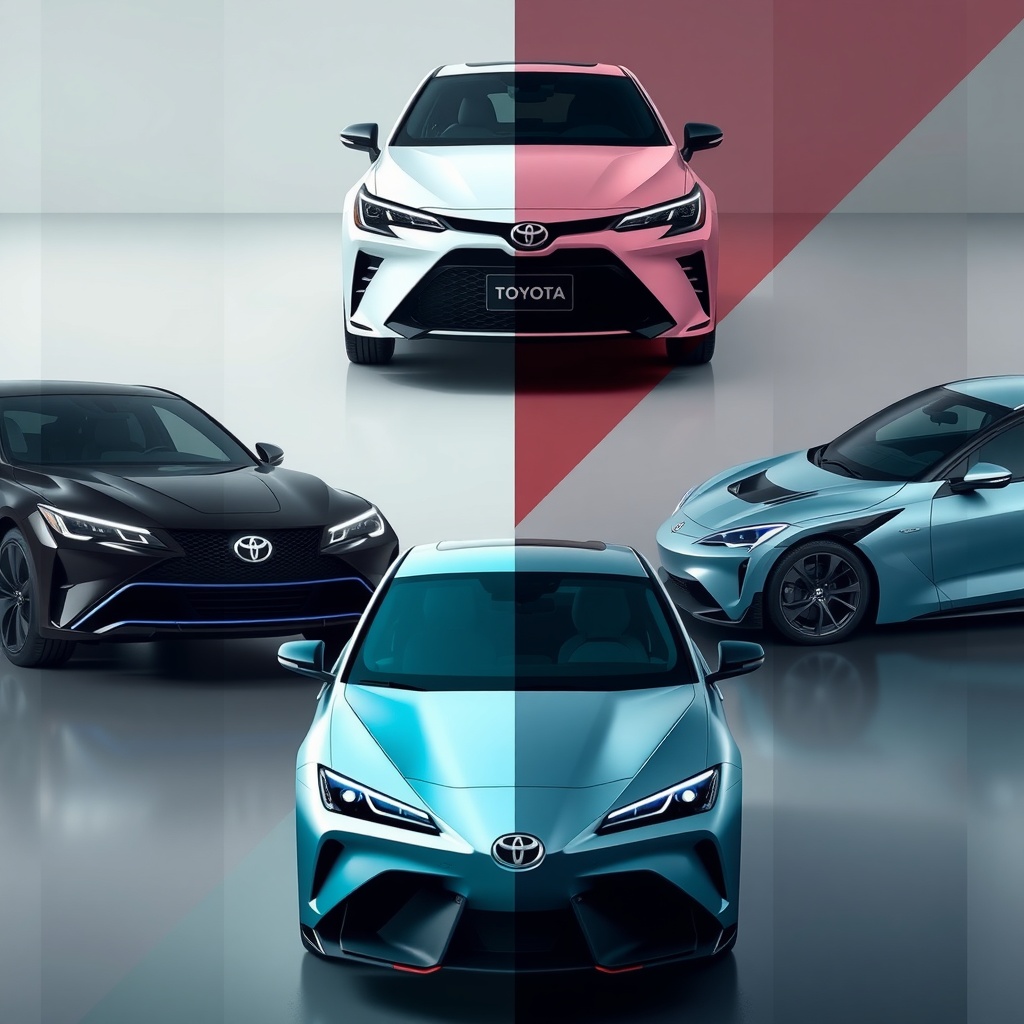
The company offers over 32 electrified model options, giving consumers choices based on their specific needs. This portfolio approach recognizes that different use cases may call for different solutions. A city driver with home charging might benefit from a pure EV, while someone who frequently drives long distances might prefer a hybrid.
Toyota continues investment in hydrogen fuel-cell technology as another alternative to battery EVs. While hydrogen infrastructure remains limited, the technology offers quick refueling and long range that battery EVs struggle to match. This represents another pathway to reduced emissions that might serve certain market segments better than battery-only approaches.
This diverse portfolio approach has proven successful with Toyota's electrified vehicles expected to reach 50% of new car sales by 2025. By meeting consumers where they are rather than where regulators wish them to be, Toyota has accelerated electrification adoption while avoiding the market resistance that more aggressive EV-only strategies have encountered.
Market Reality: The Hybrid Renaissance
Toyota's hybrid Camry has defied industry expectations with sales increases while competitors' EV models struggle to meet targets. This performance suggests that mainstream consumers recognize the practical benefits hybrids offer over both conventional and pure electric vehicles for their current needs.
Hybrid technology has matured to offer compelling performance, efficiency, and value without the compromises of full EVs. Modern Toyota hybrids deliver:
Smooth, responsive performance with instant torque
Fuel economy improvements of 50% or more over conventional models
Lower lifetime costs through reduced fuel consumption
Minimal changes to driving and refueling habits
Consumers are increasingly choosing hybrids as a practical middle-ground solution. This preference isn't merely about resistance to change—it reflects rational decision-making based on the realistic assessment of current technology and infrastructure limitations.
Data shows hybrids delivering immediate emissions benefits across a broader market segment than limited EV adoption. Since hybrids can be deployed rapidly without infrastructure constraints, they offer faster real-world emissions reductions than waiting for full EV uptake—a point Toyota emphasizes in its strategic planning.
Global Automaker Recalibration on EV Timelines
Volkswagen, BMW, and other manufacturers who initially announced aggressive EV-only strategies are now adjusting their timelines in response to market realities. This shift suggests that Toyota's more measured approach was prescient rather than resistant to innovation.
Market signals indicate the all-EV transition will take longer than regulatory timelines suggest. Consumer adoption rates, infrastructure development, and battery technology improvements are all proceeding more gradually than many optimistic projections anticipated.
Toyota's cautious approach increasingly looks validated by other automakers' strategy shifts. As companies with early, aggressive EV commitments face disappointing sales and financial challenges, the industry is collectively reassessing transition timelines to better align with consumer readiness.
Industry consensus is emerging that a mixed powertrain future will persist longer than previously predicted. Even as pure EVs grow their market share, hybrids and efficient conventional powertrains will likely remain important parts of the automotive landscape for many years to come.
The Sports Car Question: Performance and Passion
Performance enthusiasts remain particularly skeptical about EVs replacing traditional sports cars. While electric vehicles offer impressive acceleration, they face challenges with weight, handling dynamics, and the emotional connection many enthusiasts seek in performance vehicles.
Toyota's exploration of EV sports car concepts includes innovative approaches to maintain driver engagement. Their prototype electric sports car with a simulated manual transmission demonstrates the company's understanding that performance cars must deliver more than just straight-line speed to satisfy enthusiasts.
Concerns about weight, driving feel, and emotional connection present unique challenges for electric performance vehicles. The instant torque of electric motors is impressive, but the weight of battery packs, the lack of distinctive engine sounds, and the simplified driving experience of single-speed transmissions all pose barriers to enthusiast acceptance.
The debate reflects broader questions about whether EVs can fully replace the emotional aspects of traditional automobiles. As Toyota works to bridge this gap with their electric sports car prototypes, they're acknowledging that technology must serve human desires and passions—not merely environmental or regulatory goals.
Sources
okcfox.com - Toyota chairman expresses skepticism of government EV mandates
headlight.news
pressroom.toyota.com - Toyota Motor North America Reports March, First Quarter 2025 U.S. Sales Results
